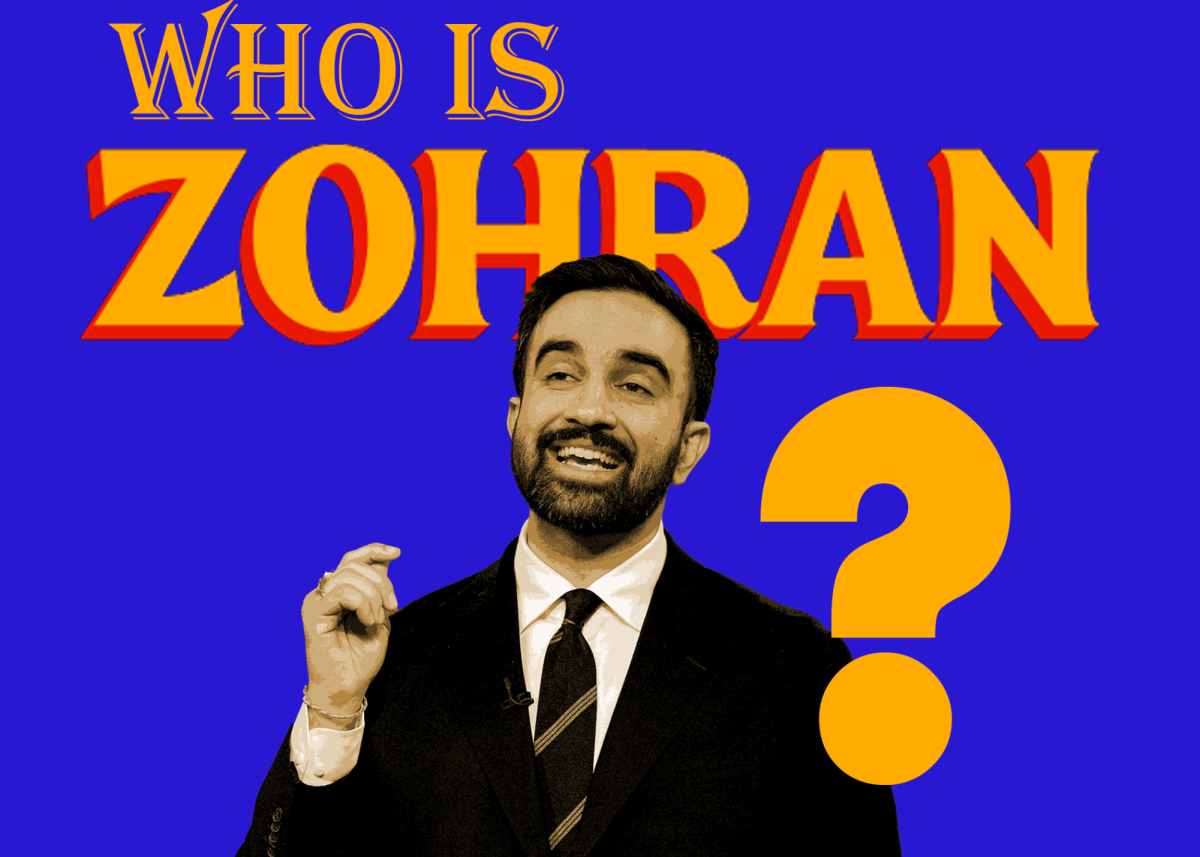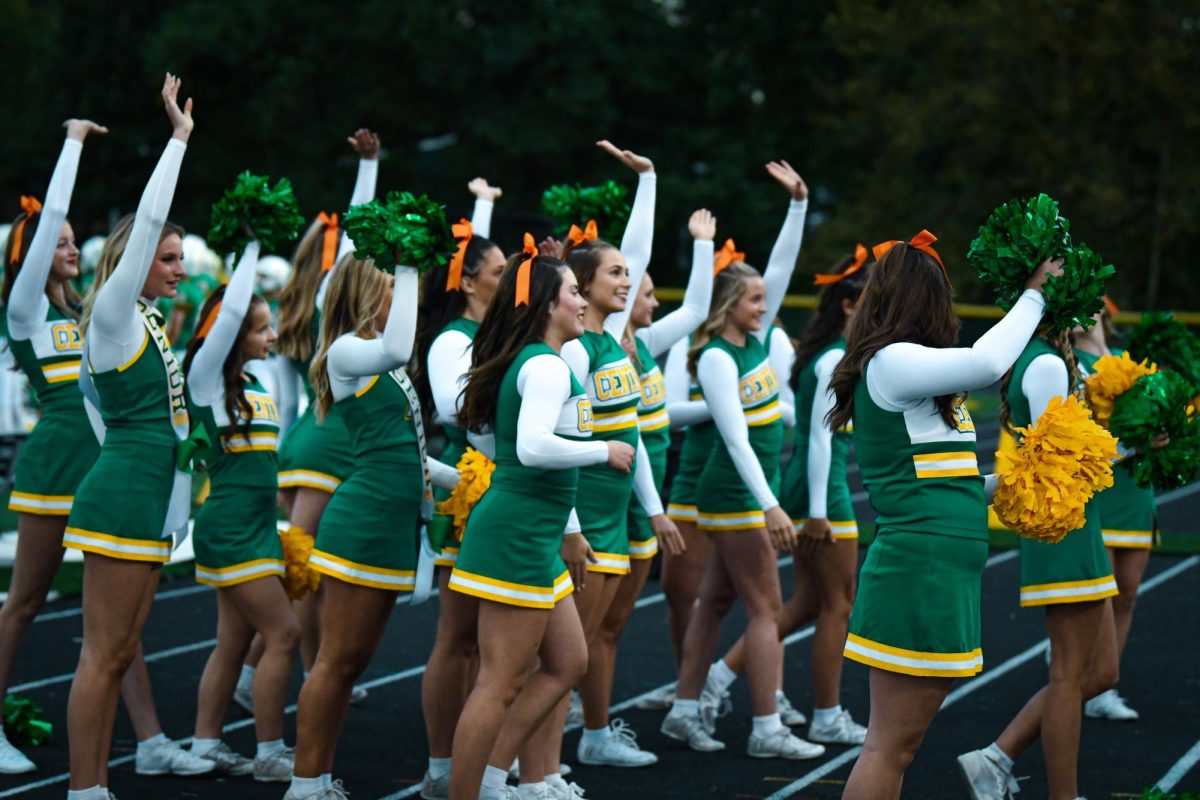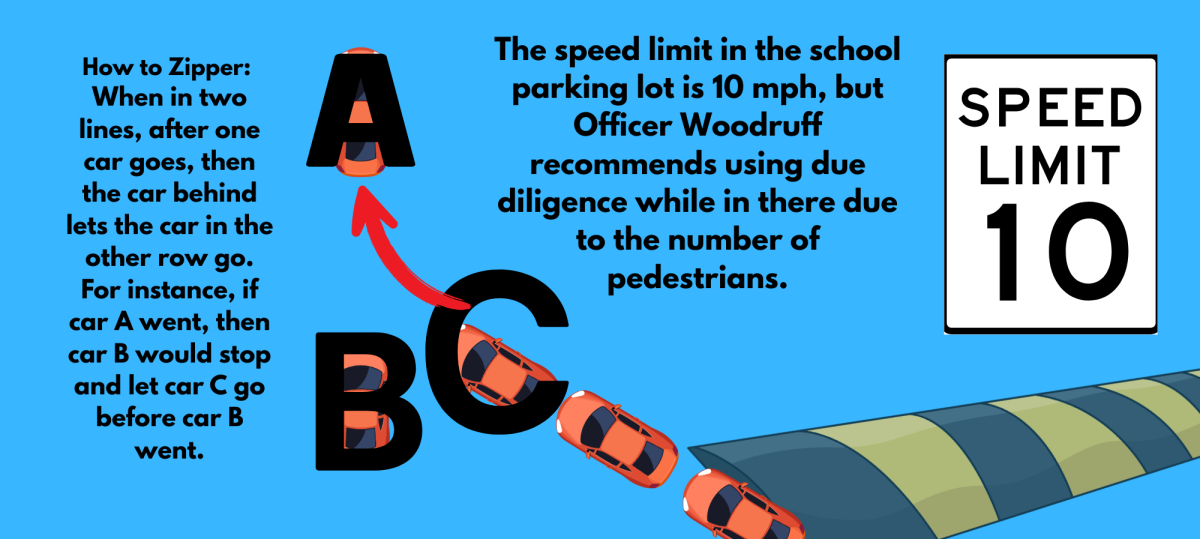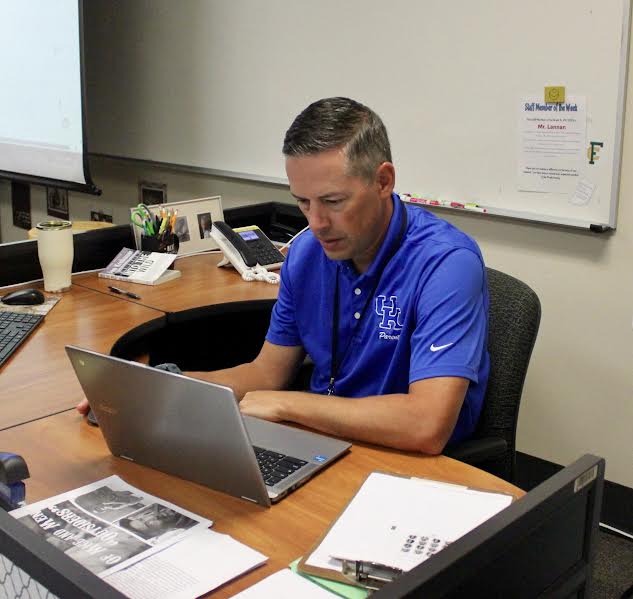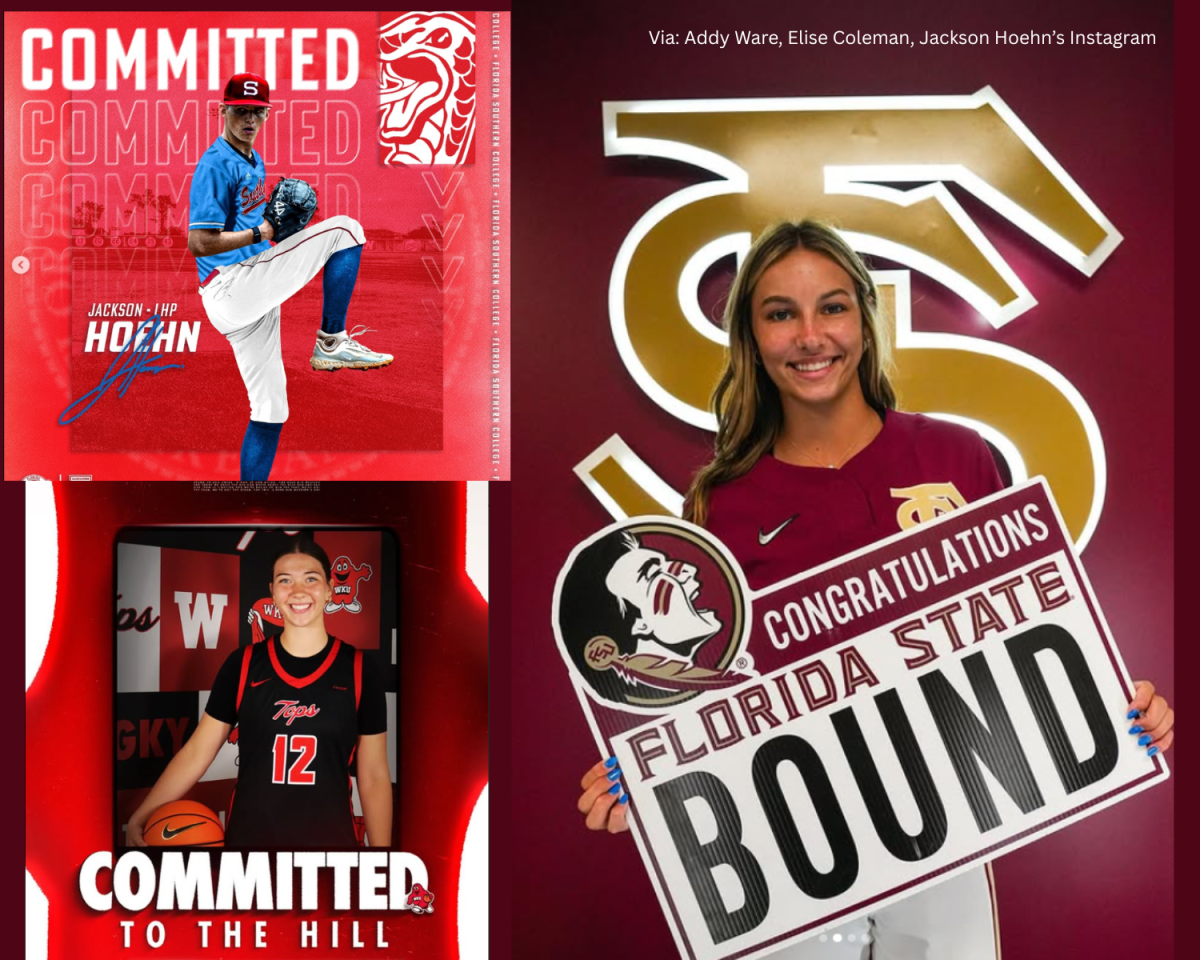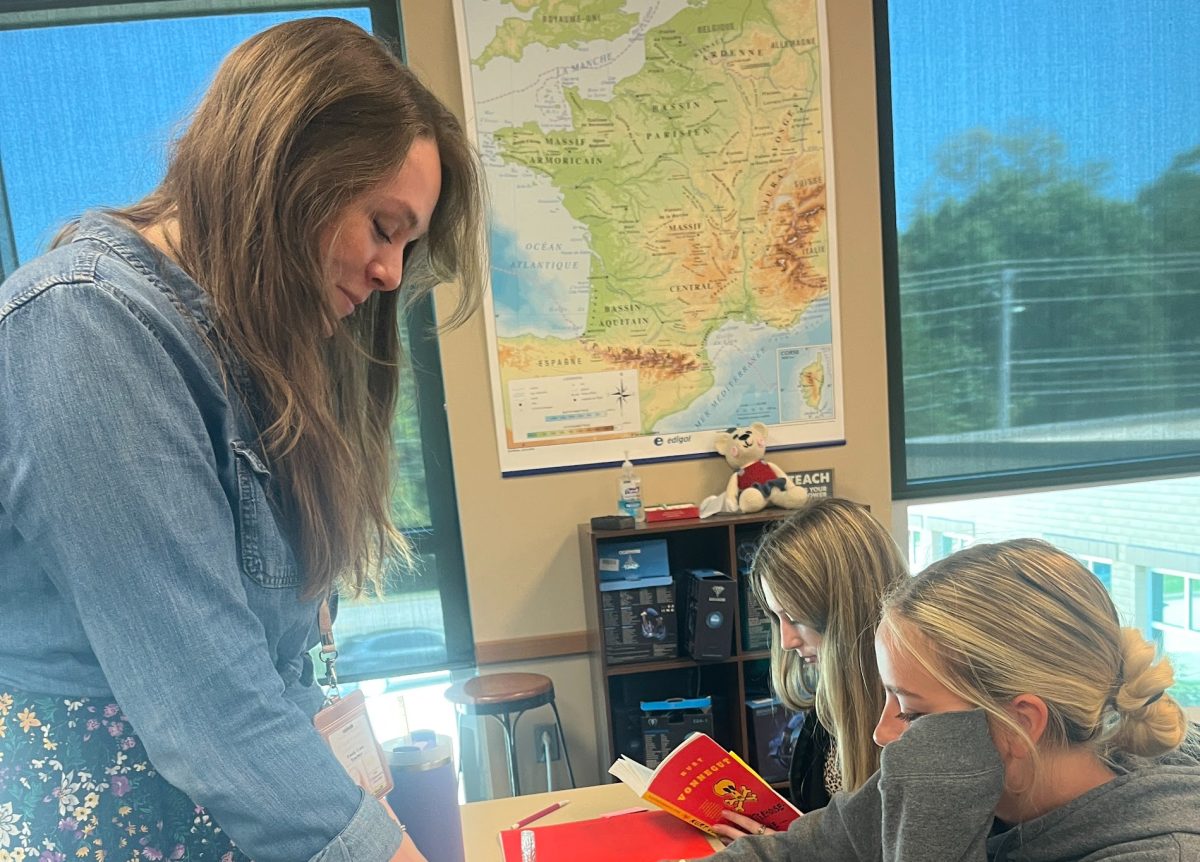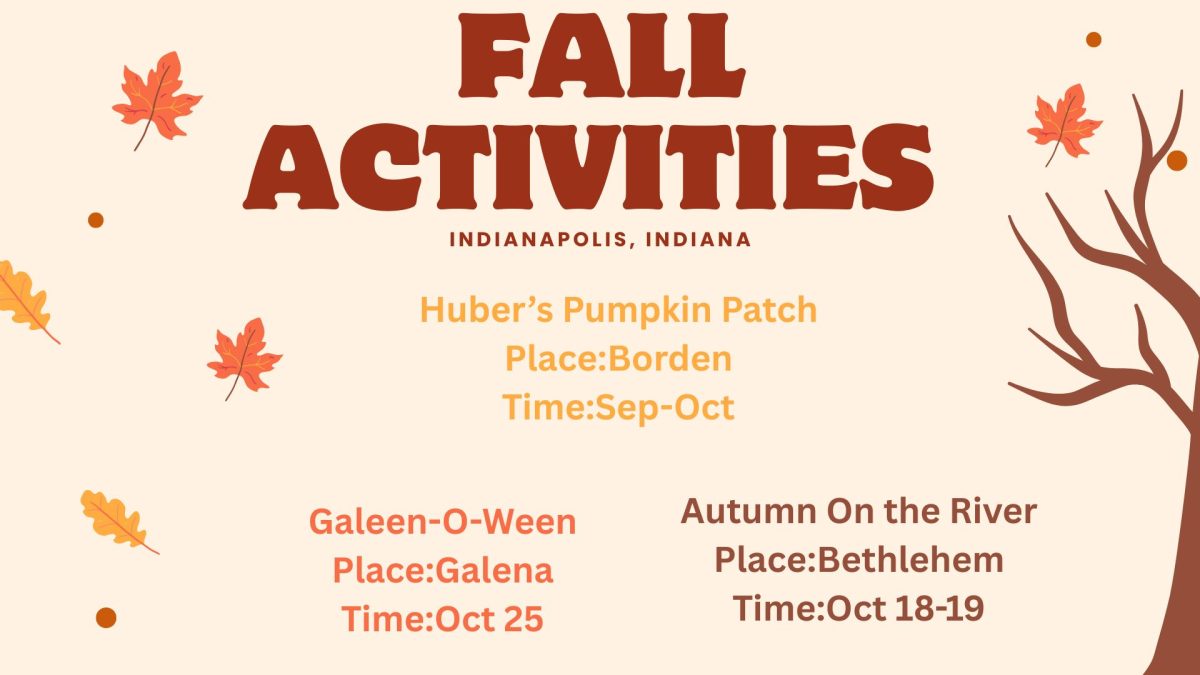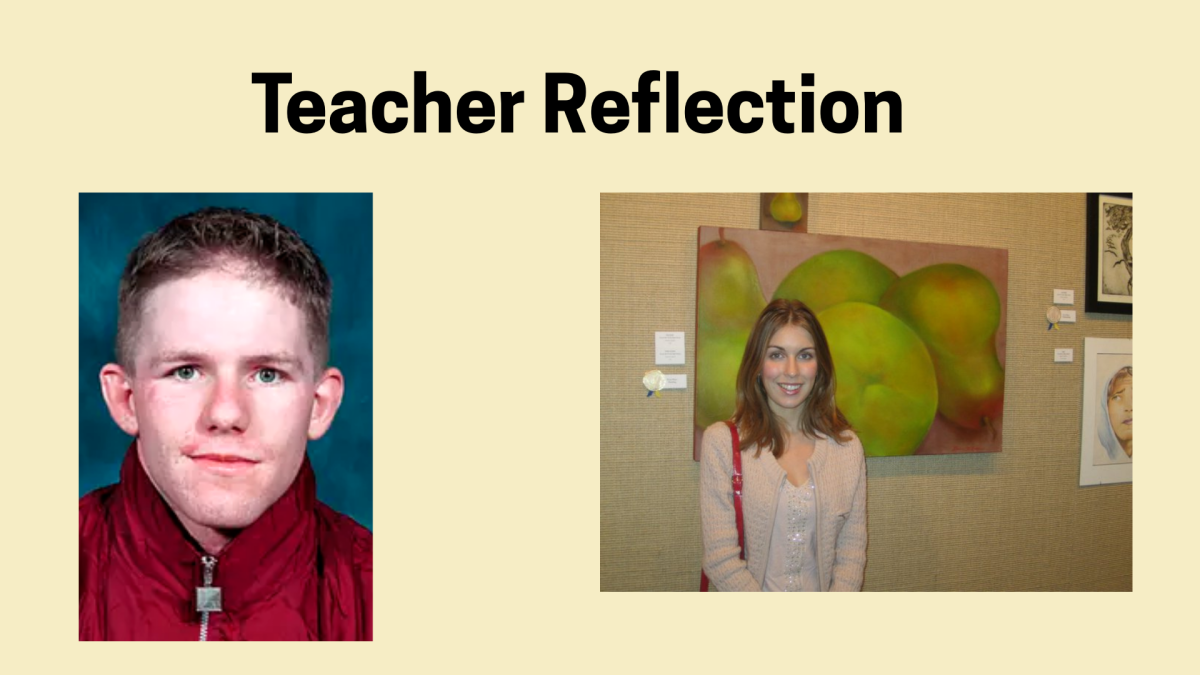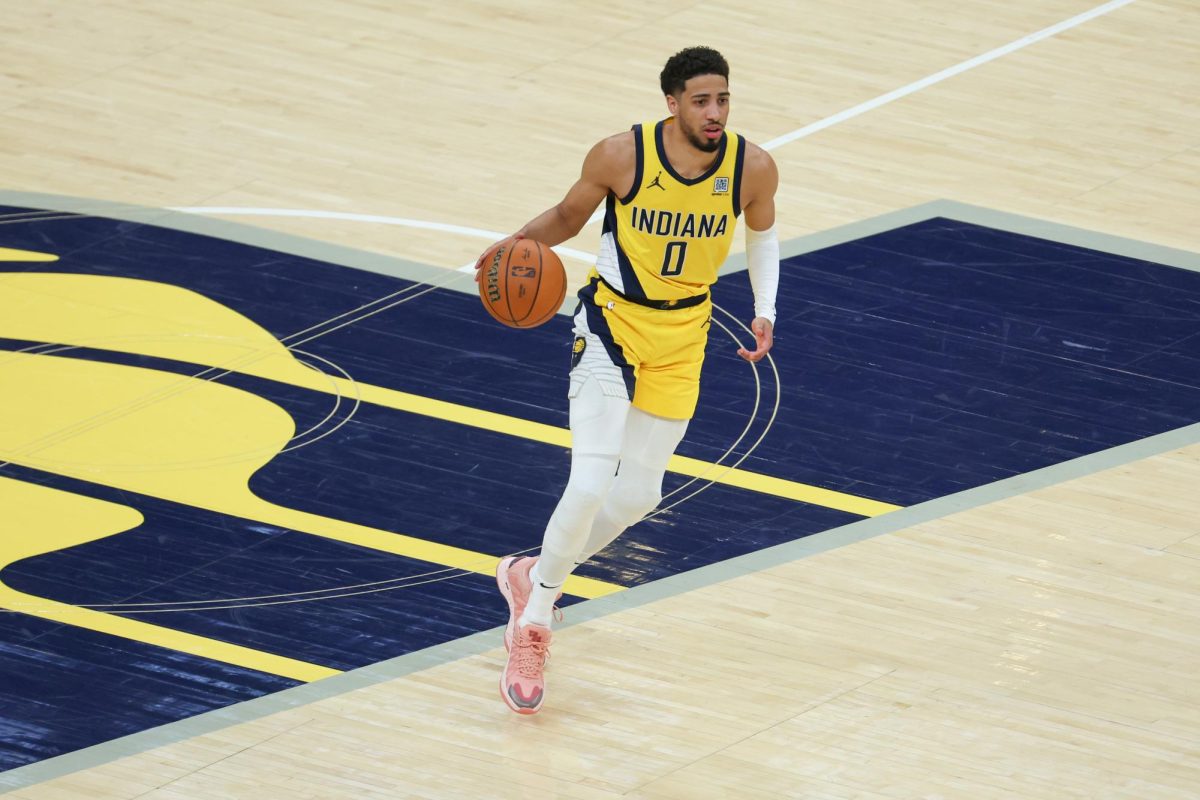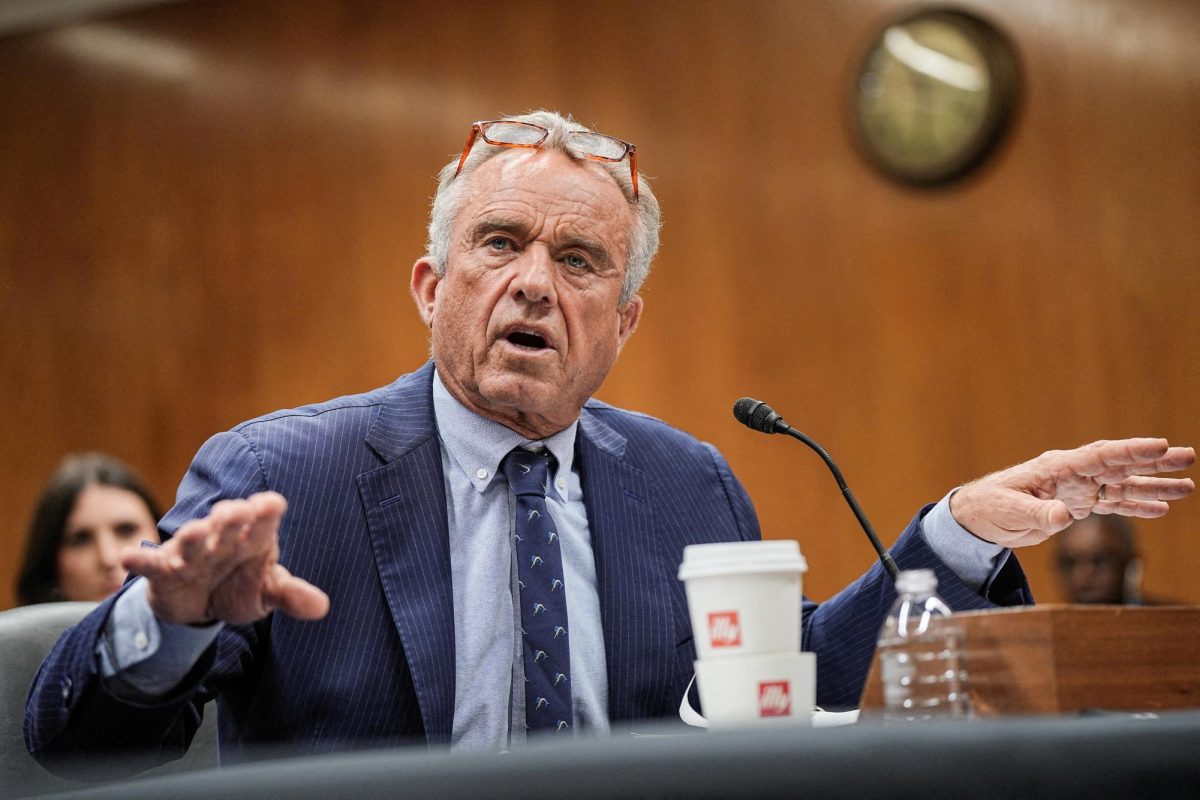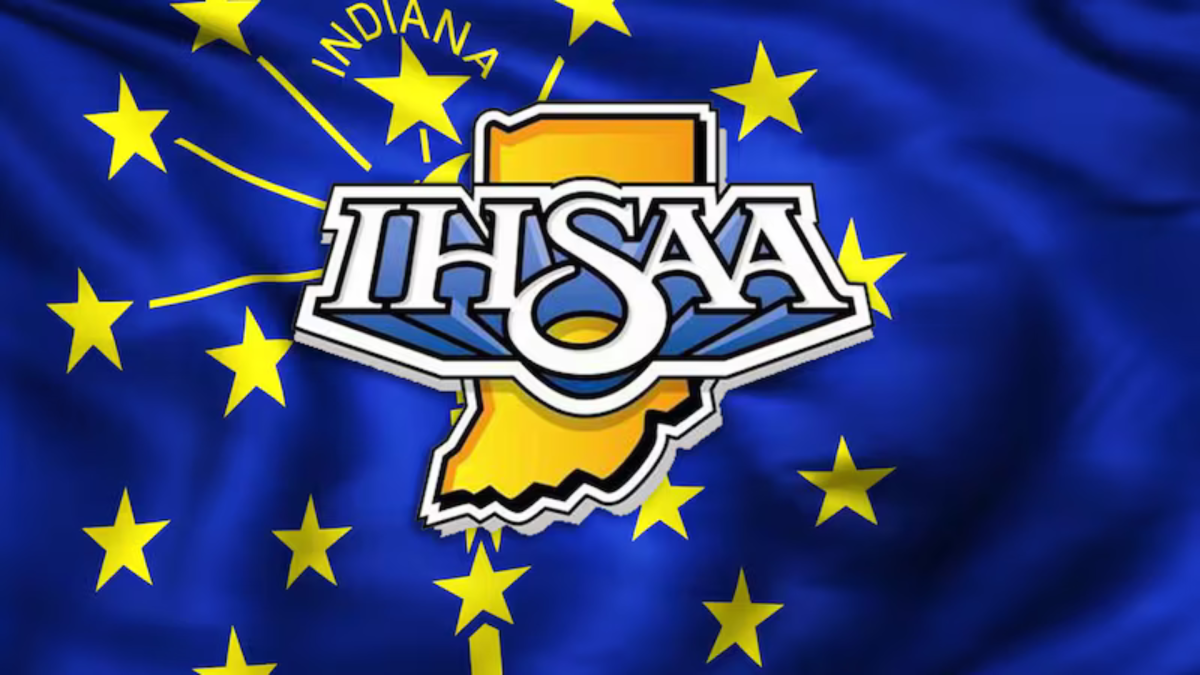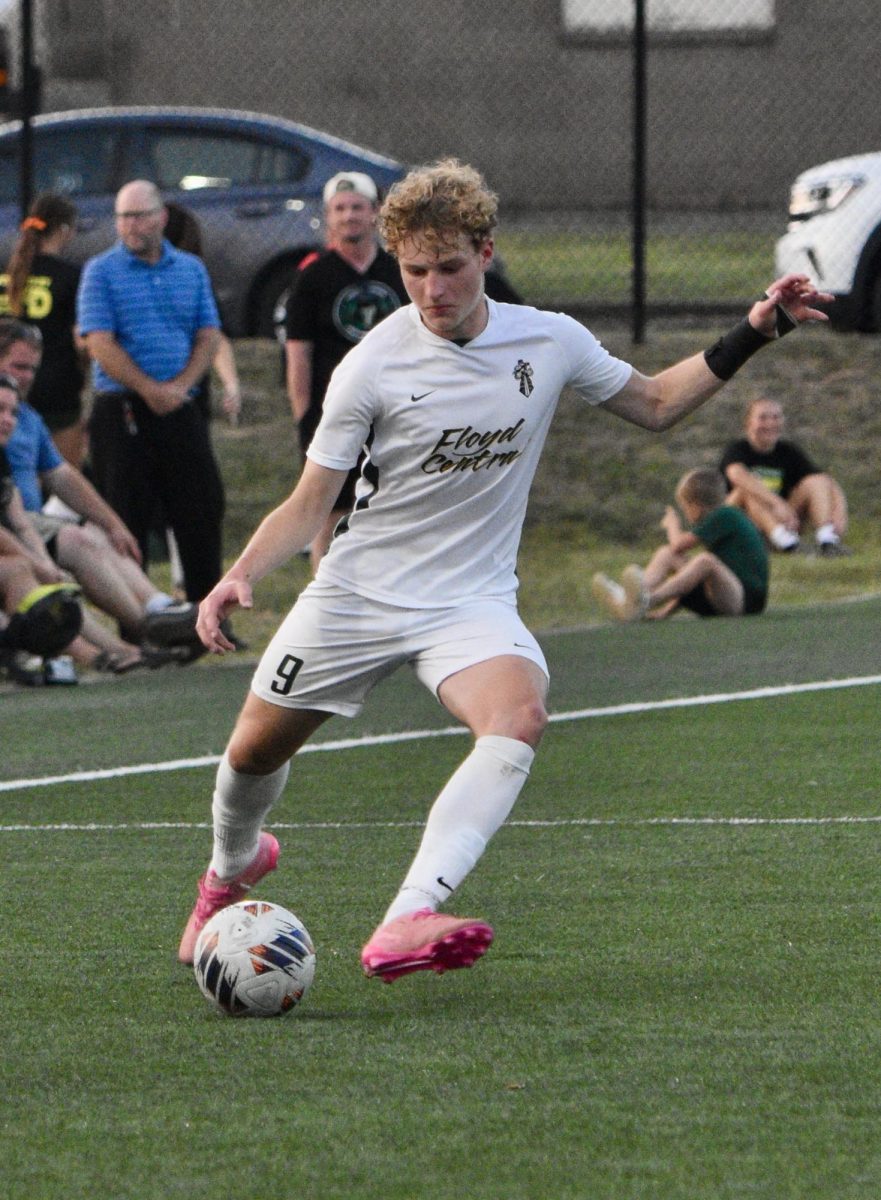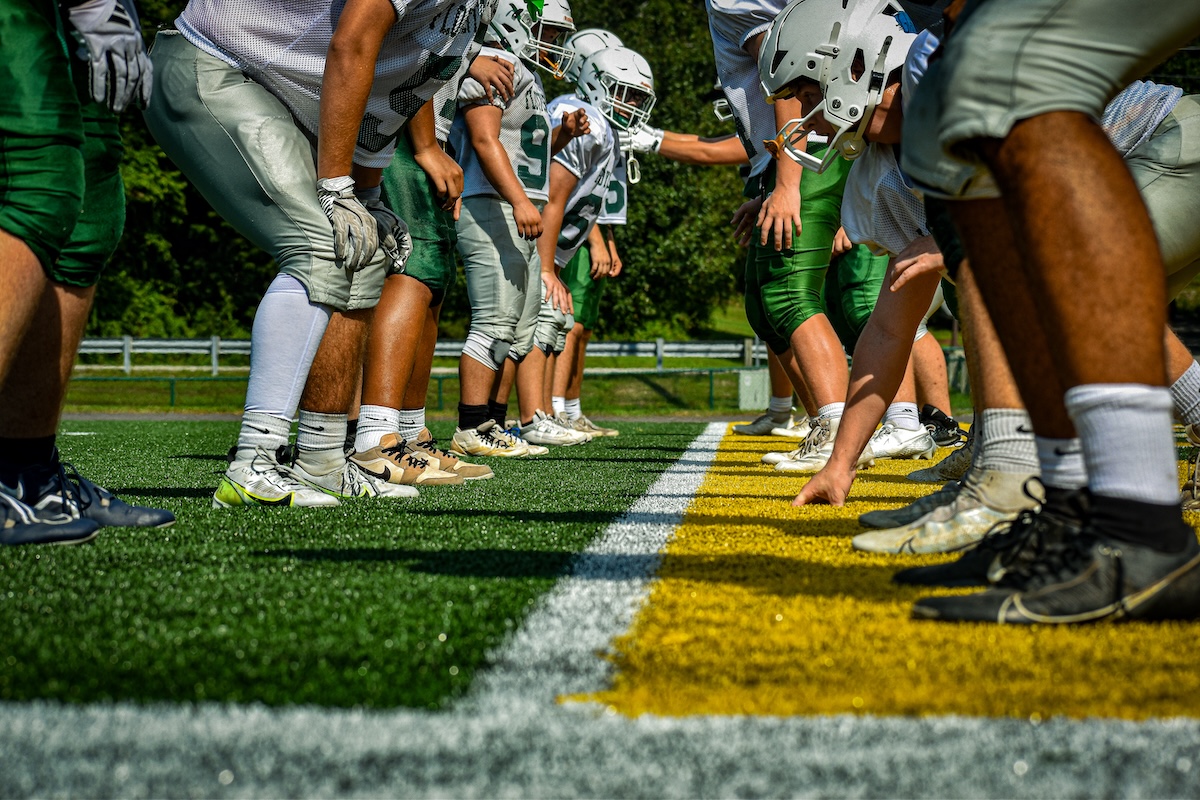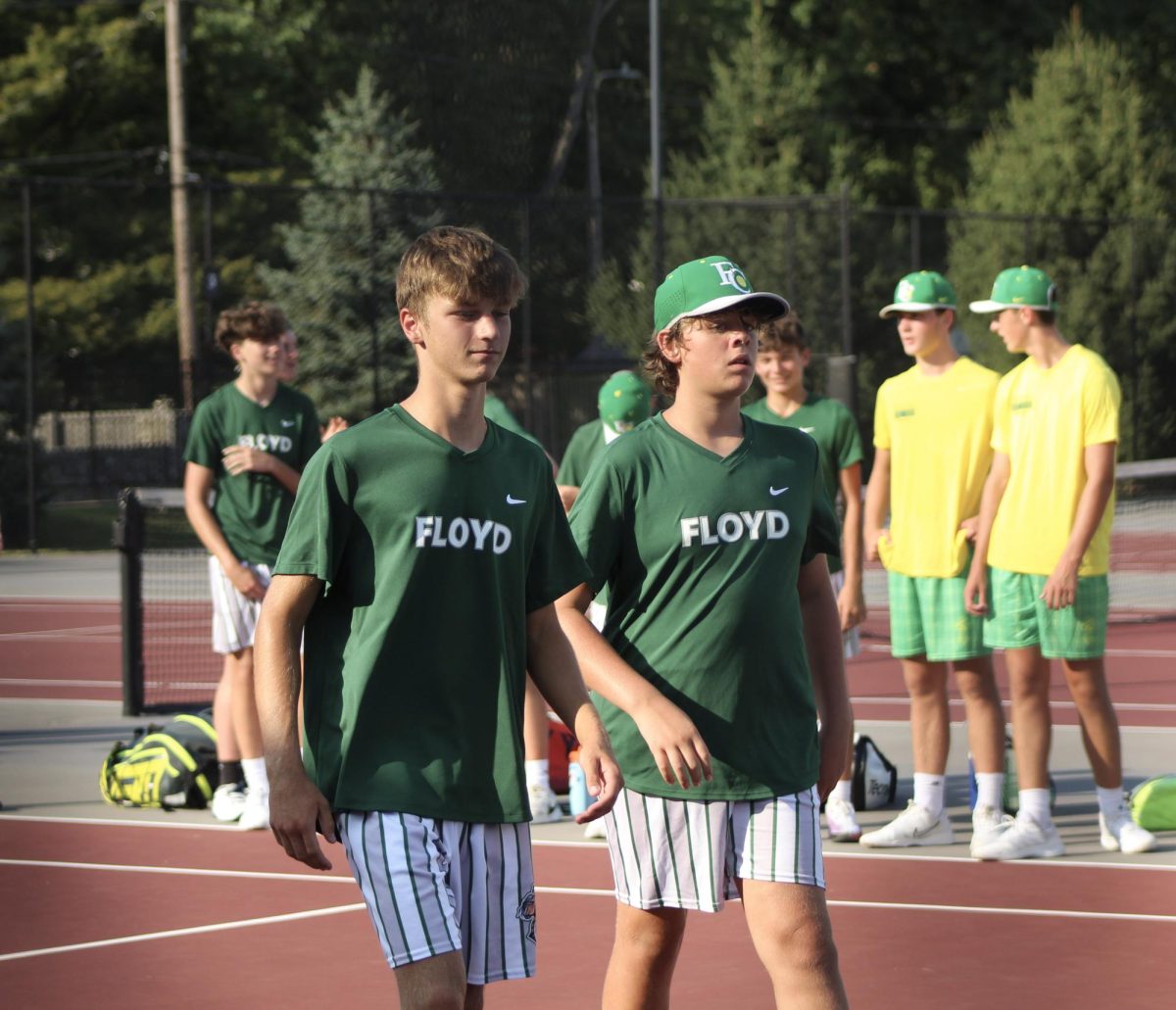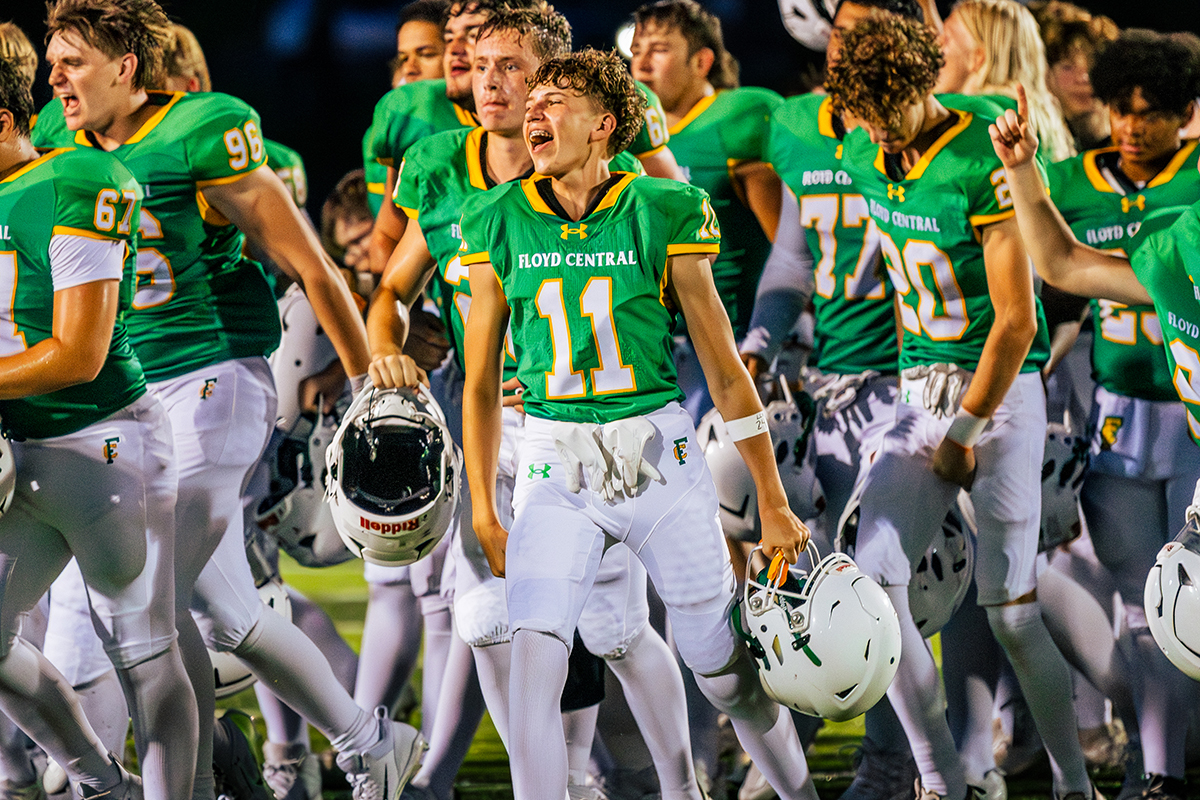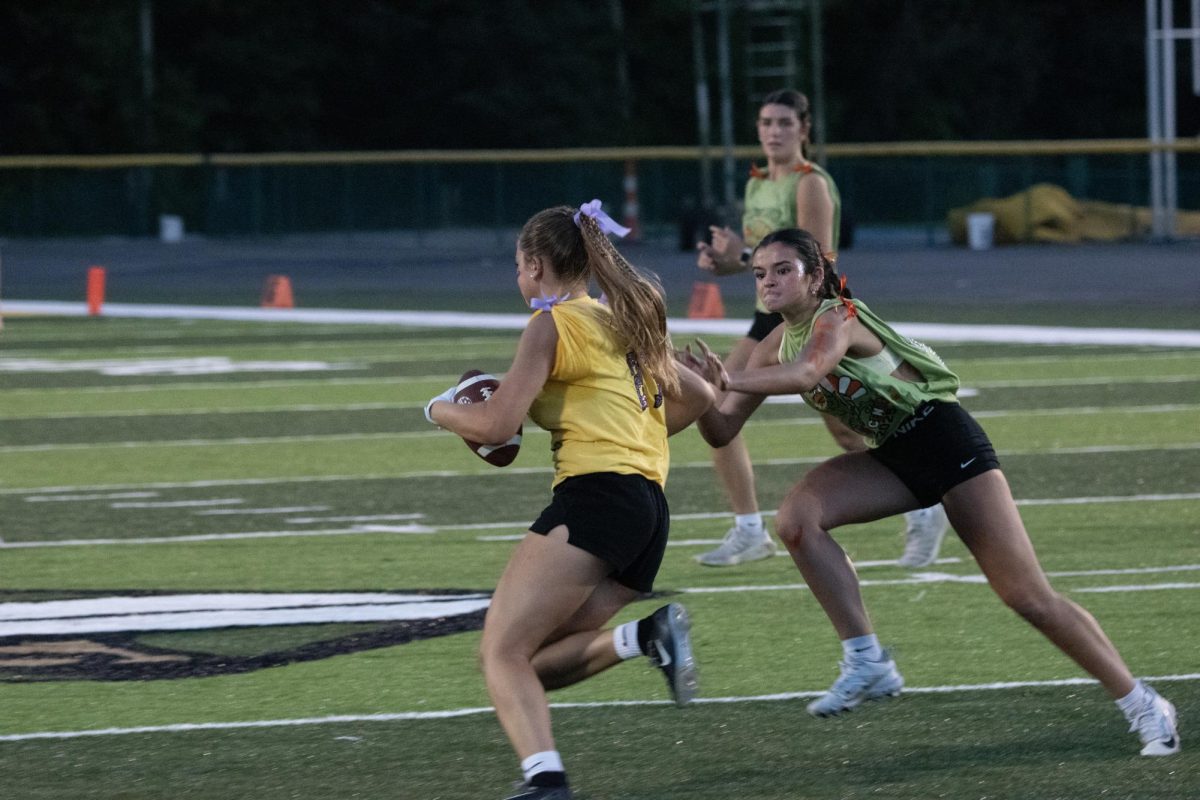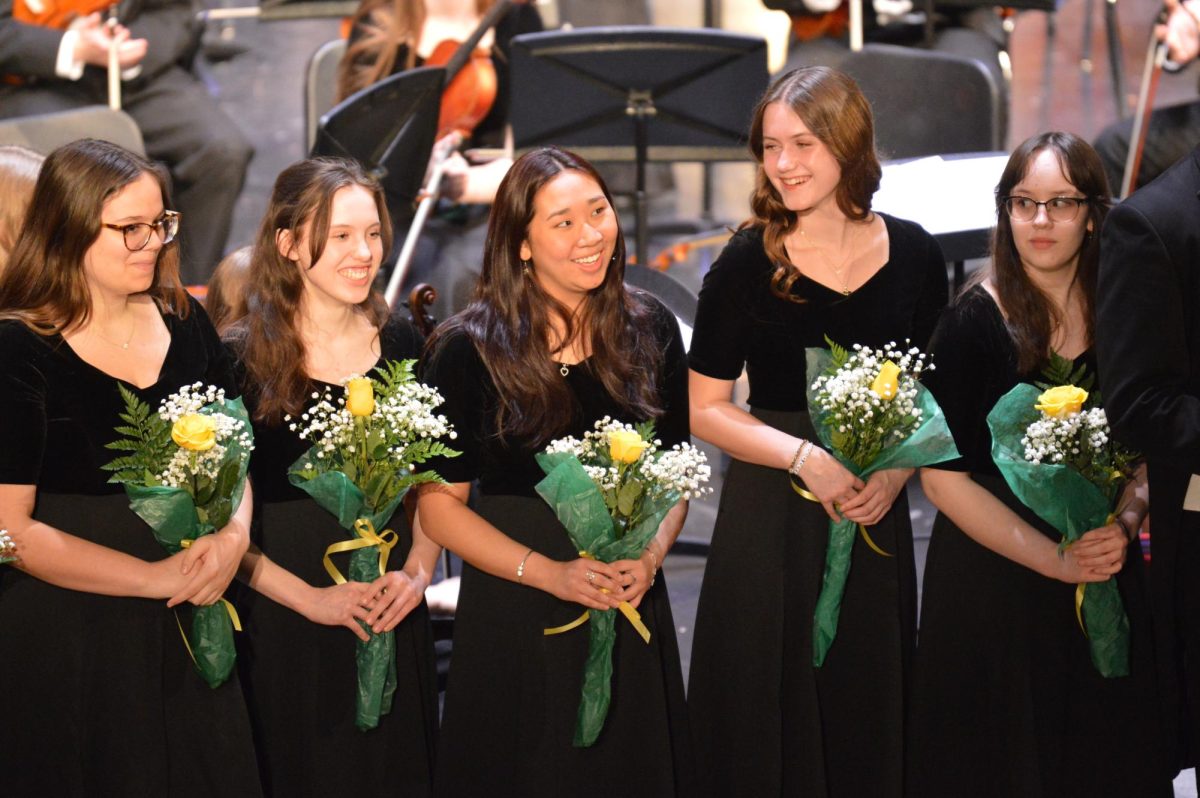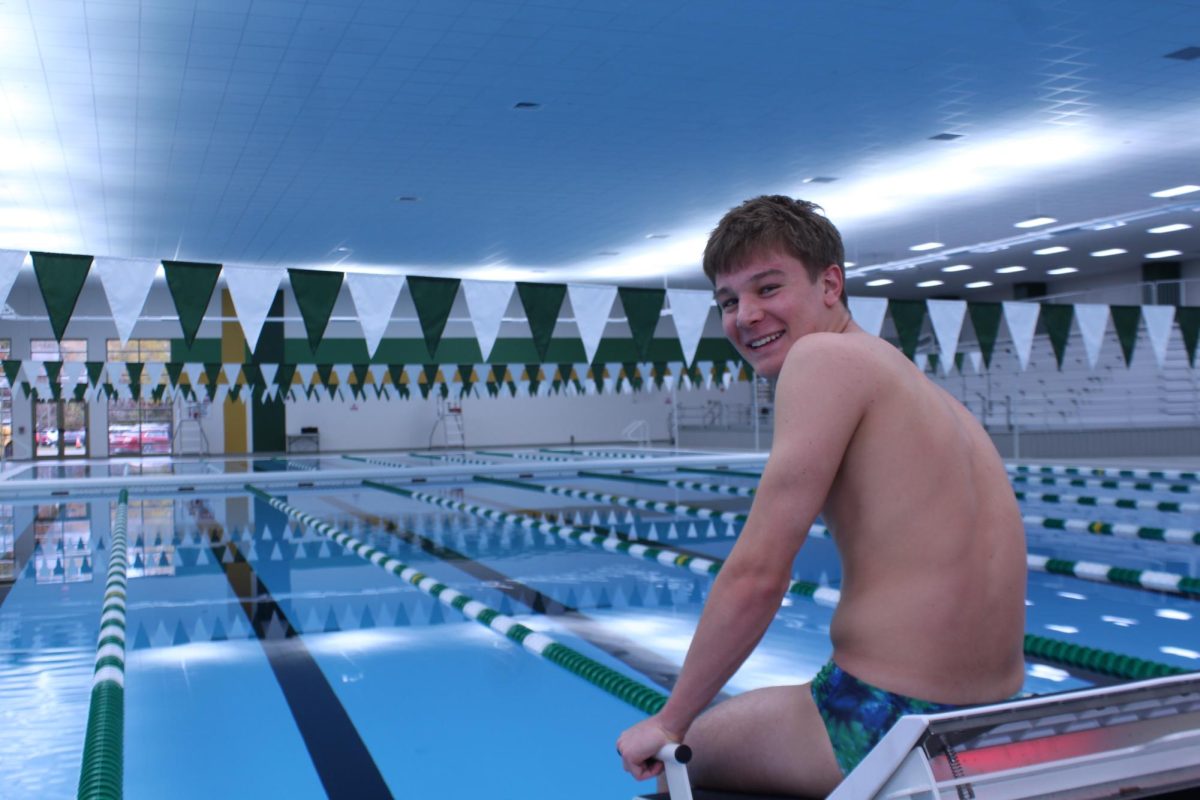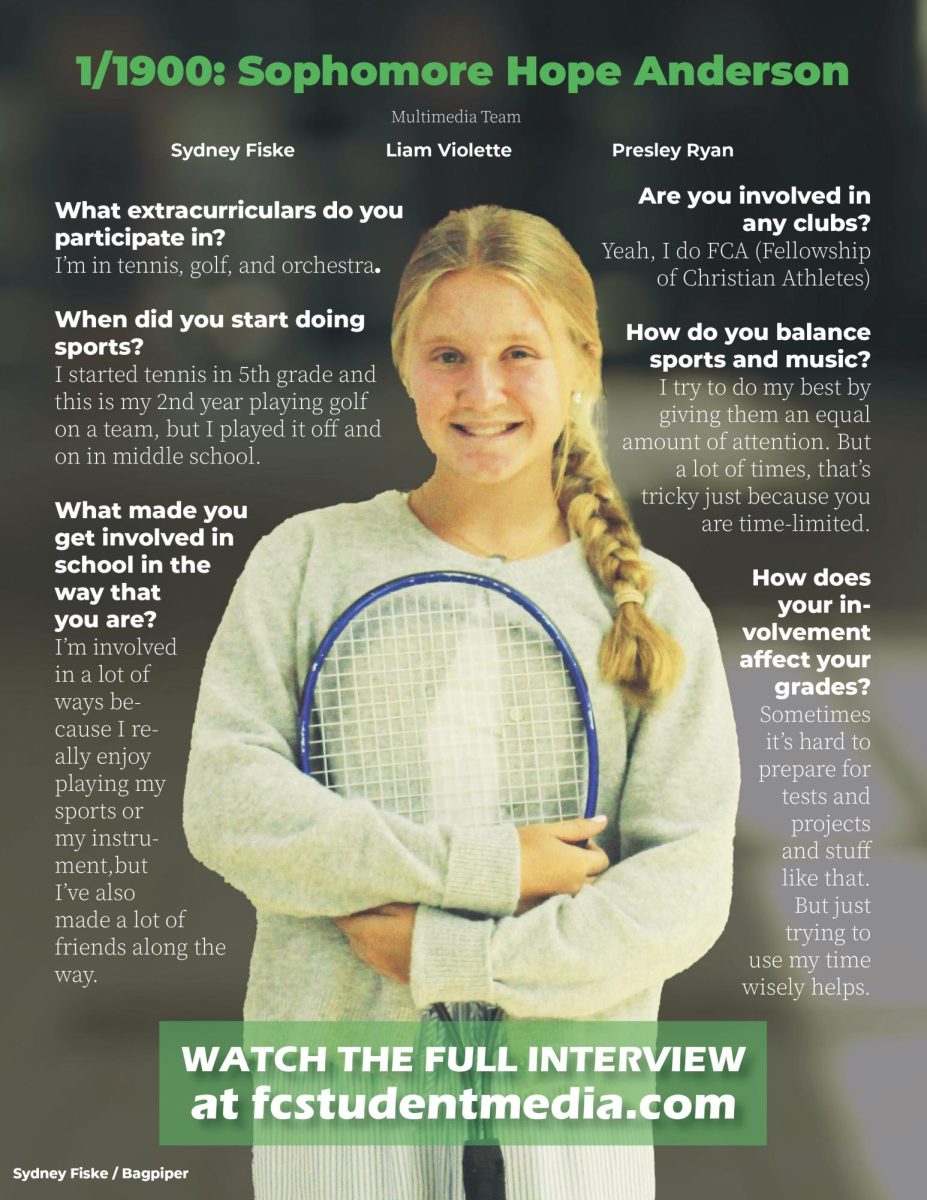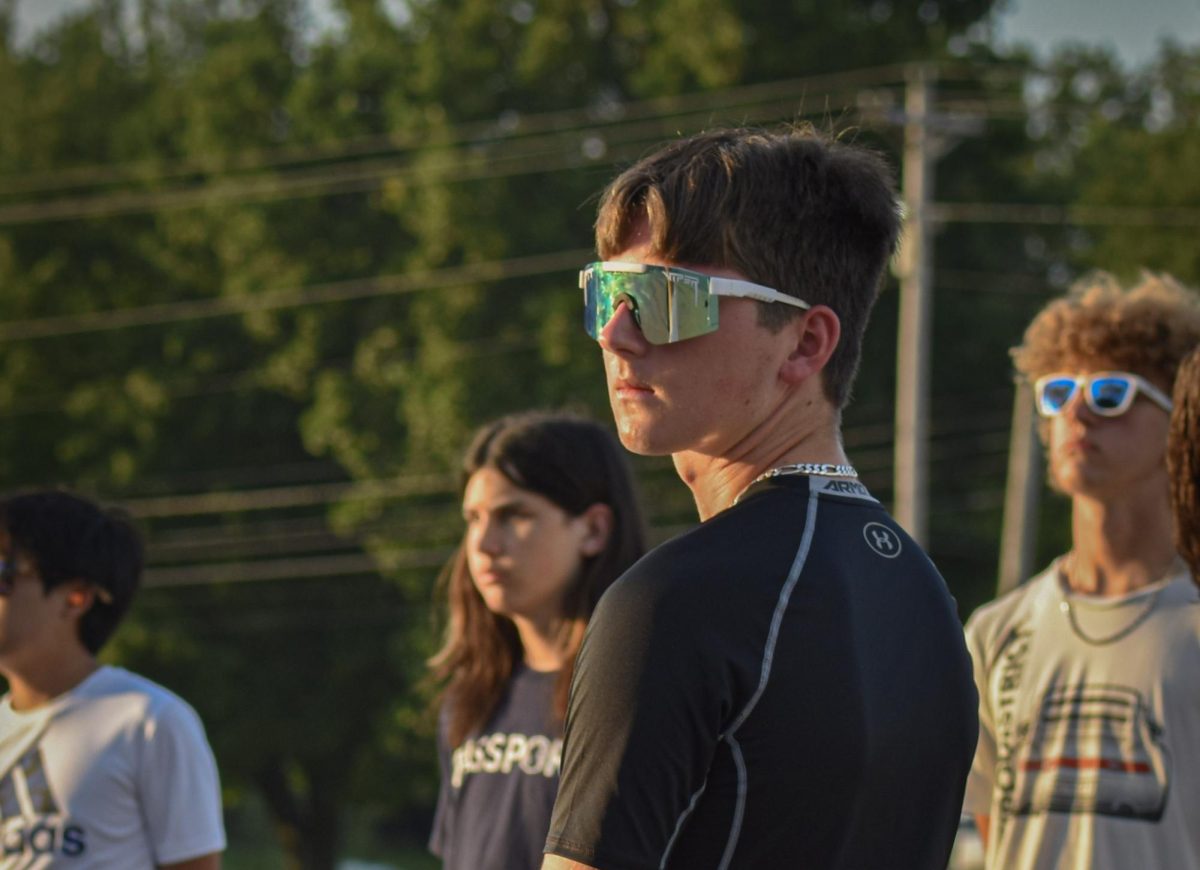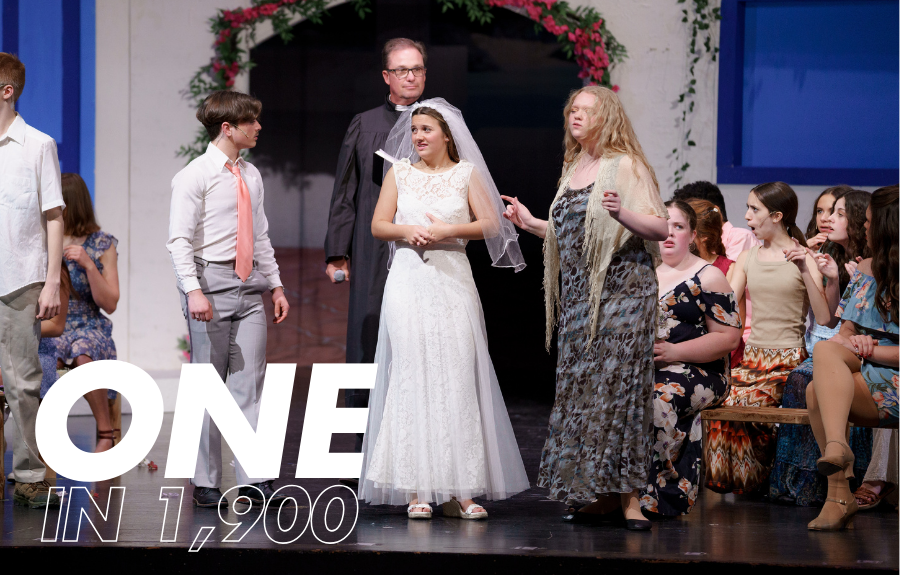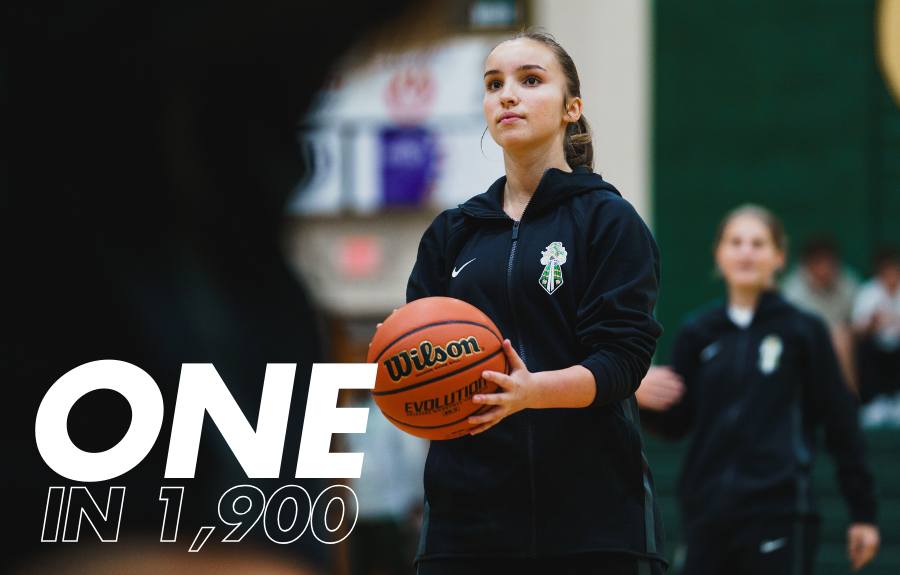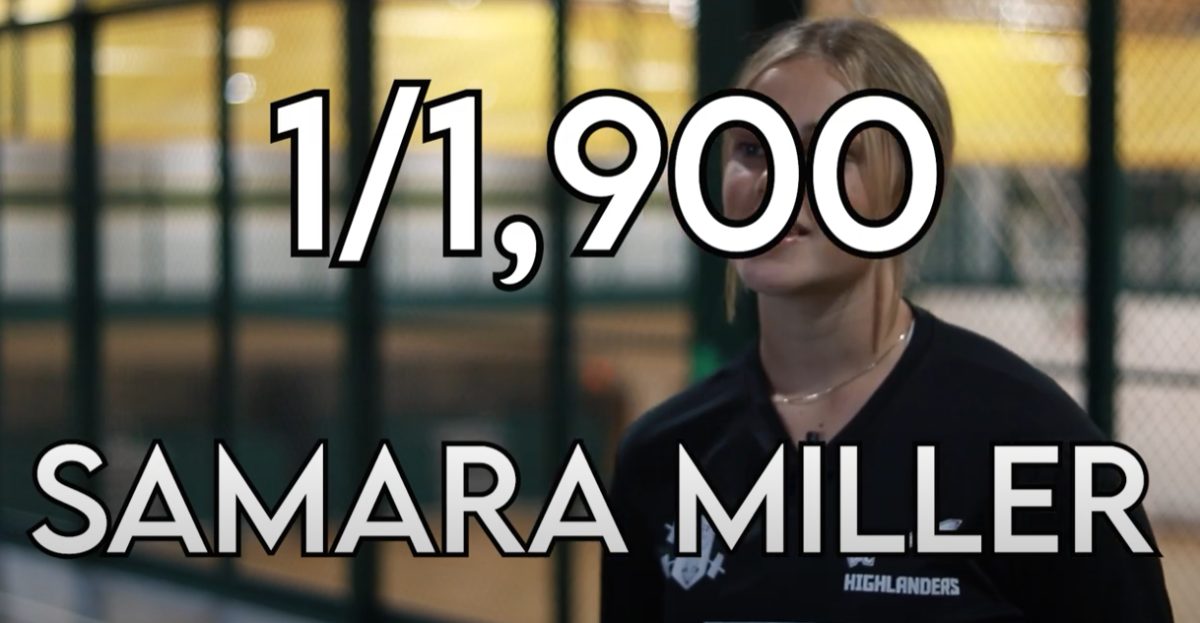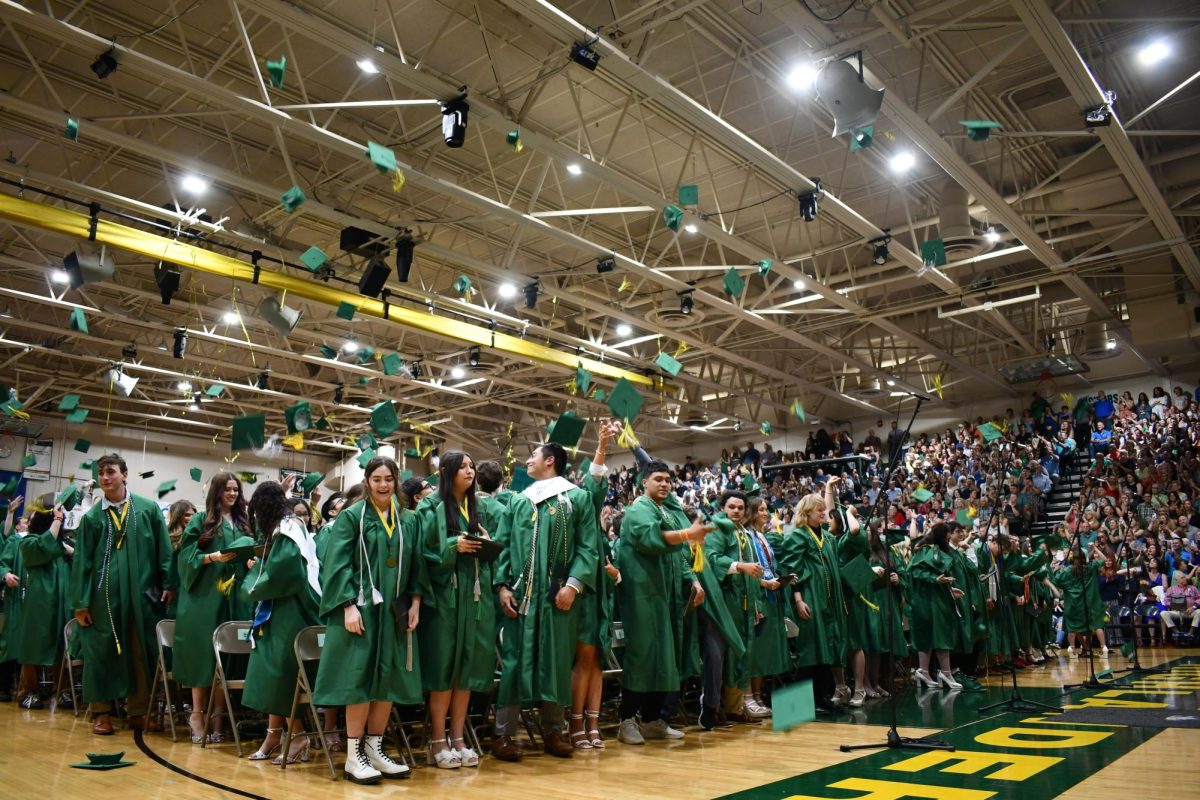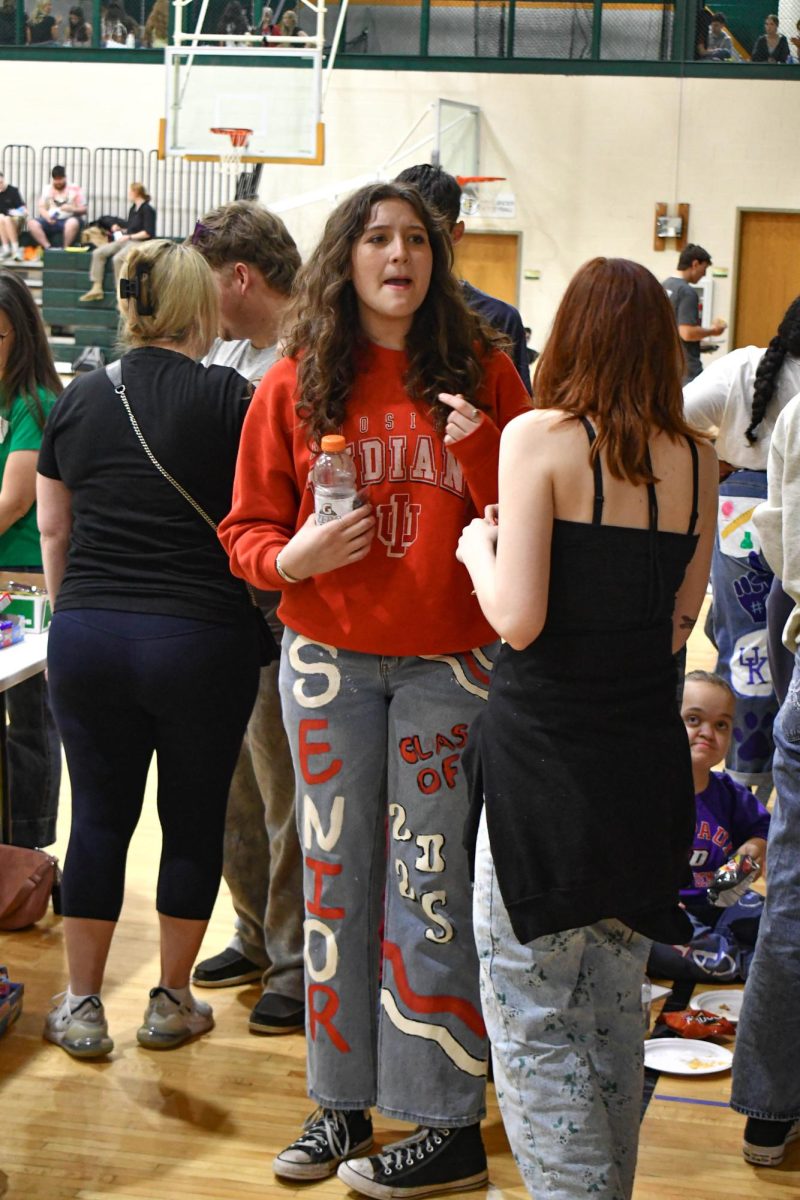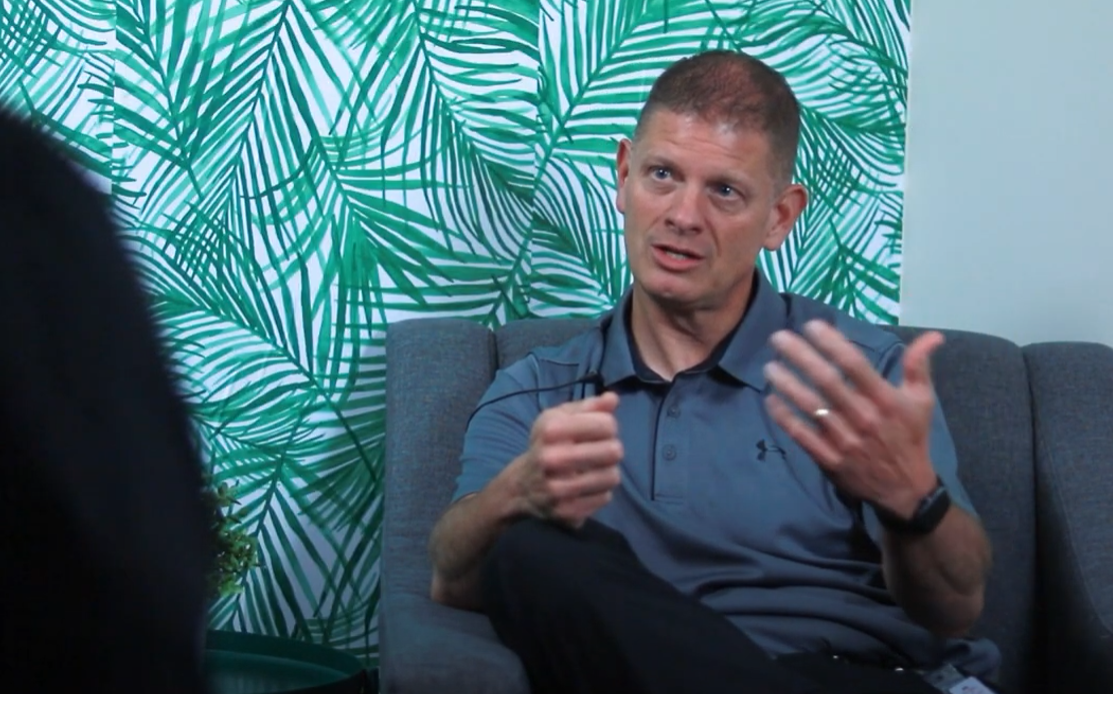As the election nears, the role social media plays in shaping political views among the student population is becoming more apparent. Platforms like TikTok, Instagram, and Twitter have become not only sources of entertainment but also crucial tools for political engagement.
These platforms are replacing traditional news forms. However, this rise in influence has brought both benefits and challenges to student politics.
“I think social media is probably the biggest—if not one of the biggest—influence on most voters’ opinions and viewpoints on the elections,” said senior Peyton Kruer. “People don’t really read the news anymore—paper, handheld news. I think [social media] has both a positive and negative effect, but it’s just the biggest influence right now.”
Many students rely heavily on social media to stay informed about political candidates and issues.
“[I get most of my information about the election] primarily on Instagram and YouTube, but it used to be TikTok,” said Kruer.
This shift among generations reflects a growing trend: traditional news sources are now being replaced by algorithm-driven platforms that tailor the content to individual preferences.
“I definitely see a lot more pro-Kamala stuff on my for-you page,” said sophomore Oliver Cassady. “But mostly, the algorithm kind of knows where I’m lined up.”
The personalization of social media feeds, however, can lead to blindsightedness to other viewpoints. With the advancements made in technology, it’s easy to discover a need for more variety and diversity within platforms.
“[Social media] affects my perspective [on politics] because whenever you’re on social media, you’re interacting with the opinions that you agree with and the ones that you follow, not primarily ones you disagree with. So that affects your feed, and therefore shows you the stuff you want to see and that you agree with,” said Kruer.
Seeing perspectives that you align with consistently rather than the opposite ideals may reaffirm views. When you’re only introduced to one side of politics, having to understand an opposite view can prove to be a challenge for some students.
“I feel like everyone is just really strong and alienated on their side, and it can just divide people,” said an anonymous student.
A factor in the growing schism between political parties can be attributed, in part, to a celebrity’s leverage when it comes to advocacy for a candidate. This can create an unfair bias not based around policies, but instead on the allegiance that students have for these celebrities.
“I feel like when it comes to celebrities and their political views, it really depends, because there are some things that need to be spoken about, and celebrities doing that are a really good thing, but celebrities specifically endorsing one person doesn’t allow people to really see the issue and all of the issues at hand,” said junior Theseus Zander. “It just makes them look at this person, and they don’t actually think about all the different issues that go into it. I feel like that really changes elections for a lot of presidential candidates because they don’t have to worry so much about focusing on the policies, but just focusing on getting the backing of famous people, which really shouldn’t be happening.”
For some students, part of this alienation can stem from the influence spread throughout social media. Celebrities and their endorsement of political candidates can pose an important detail in creating influence amongst the student population.
“I think [celebrity endorsements affect the election] just because their fan base is so big,” said Kruer.
The impact of a celebrity’s reach can have dramatic effects on issues as monumental as the presidential election. Celebrities such as singer Billie Eilish and entrepreneur Elon Musk have publicly endorsed various candidates.
“We are voting for Kamala Harris and Tim Walz because they are fighting to protect our reproductive freedom, our planet, and our democracy,” said Eilish and brother Finneas O’Connell in their Kamala Harris endorsement video.
On the other hand, Musk publicly announced his support for former president Donald Trump’s presidential campaign, stating, “I fully endorse President Trump and hope for his rapid recovery,” referring to the first assassination attempt made against Trump in July.
Divergence in viewpoints can raise questions about the impact that celebrity opinions have on the outcome of important issues, like the presidential election, and how quickly they can spread via social media.
“A lot of people, like, look to celebrities and idolize and stuff. Like Taylor Swift and maybe just anyone else. And I feel like people will look at them and be like, ‘Oh, well, they think this is good, so maybe they’re right?’,” said an anonymous student.
This phenomenon is not just limited to admiration; it also can show celebrities’ level of influence and responsibility. As fans and followers absorb opinions from these celebrities, it is easy to be influenced one way or the other.
“Now online, you can see all this content, you can get swayed one way, super, super easily, and some people are already fully convinced based on stuff that might not even be true on the internet,” said Zander. “So it makes the election less of focusing on the issues at hand and more of focusing on getting the people behind you, even if it’s true or not.”
This shift shows how easily misinformation can overshadow important discussions. The amount of false information online makes it harder to know what information can be trusted.
On September 10th, Taylor Swift posted–on Instagram–an endorsement of Kamala Harris’ campaign, stating that she had been a victim of false information spread about her views.
“Recently I was made aware that AI of ‘me’ falsely endorsing Donald Trump’s presidential run was posted to his site. It conjured up my fears about AI, and the dangers of spreading misinformation,” wrote Taylor Swift in her Kamala Harris endorsement on Instagram.
Misinformation becomes even more prominent with the advancements that have been made in modern technology. Social media platforms upgrading how they appeal to teenagers makes it easier for students to obtain knowledge without much effort quickly.
“It’s really easy to hear something online and just spread it along to the next person because you’ve heard it. TikTok is the big place that I see a lot of this happen. It’s hard to get on Tiktok and research right then and there and you’ll hear something then, scroll past it, then remember it, and you’ll probably repeat it to someone else or say it to someone else, which spreads the misinformation,” said Zander.
In the long run, social media platforms are becoming frequent information outlets for upcoming and previous voters. On November 5th, the impact of these digital platforms will be tested through the results of the polls.
Categories:
It’s a Social World
With students’ screen times increasing by the day and politics becoming more competitive, overlaps become more visible
Charlotte Rothrock and Adalynn Adams
•
November 7, 2024

0
Tags:
Donate to The Bagpiper
$25
$1000
Contributed
Our Goal
Your donation will support the student journalists of Floyd Central High School. Your contribution will allow us to purchase equipment and cover our annual website hosting costs as well as our annual Journalism Education Association trip to Seattle

